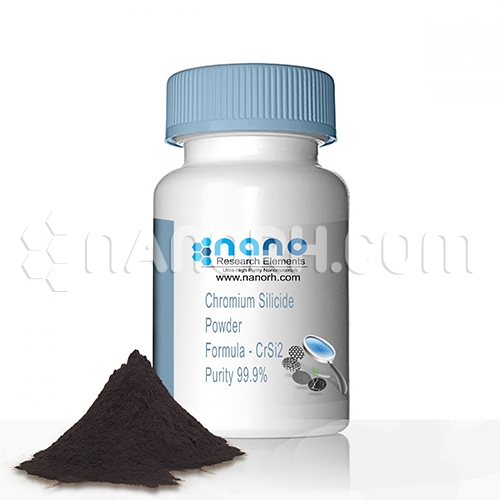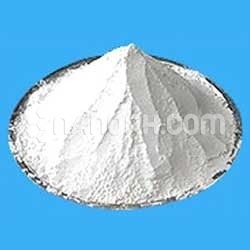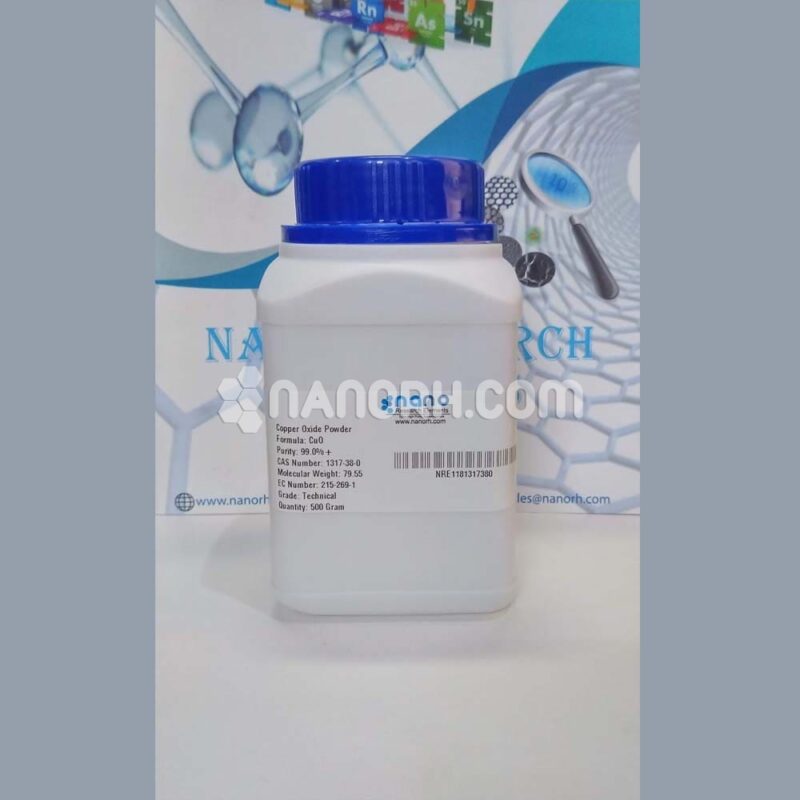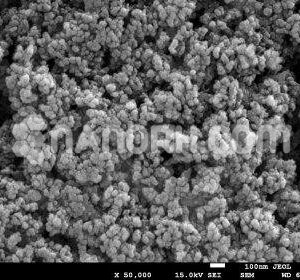| Chromium Silicide Powder | |
| Product No | NRE-11068 |
| CAS No. | 12018-09-6 |
| Formula | CrSi2 |
| Density | 4.9 g/cm3 |
| APS | <40µm (Can be Customized) |
| Purity | 99.9% |
| Form | Powder |
| Molecular Weight | 108.1671 g/mol |
| Certificate Of Analysis | |
| Cr | 48.0% |
| Si | 51.9% |
| Sn | 0.02% |
| Al | 0.03% |
| Co | 0.02% |
| Mn | 0.01% |
| Fe | 0.01% |
Chromium Silicide Powder
Chromium silicide powder, a compound of chromium and silicon, has several applications across various fields. Some of its notable applications include:
Electronics: CrSi2 powder is utilized in the production of electronic components, such as semiconductors and integrated circuits, due to its excellent electrical conductivity and stability at high temperatures. It is commonly used as a diffusion barrier in microelectronics.
Thermal Barrier Coatings: In the aerospace and gas turbine industry, CrSi2 powder is used in the production of thermal barrier coatings. These coatings protect components from high-temperature environments, improving their durability and performance.
Ceramic Industry: CrSi2 powder is employed in the ceramic industry for manufacturing ceramic materials and components, especially those requiring high-temperature resistance and mechanical strength.
Refractory Materials: Due to its high melting point and excellent resistance to corrosion, chromium silicide powder is used in the production of refractory materials, which are crucial in various industrial processes requiring high-temperature environments.
Additive Manufacturing: CrSi2 powder finds applications in the field of additive manufacturing, where it is used as a component in metal 3D printing processes, particularly for producing high-temperature-resistant components.
Composite Materials: CrSi2 powder can be incorporated into composite materials to improve their mechanical and thermal properties, making them suitable for demanding applications in industries such as automotive, aerospace, and defense.
Catalysts: In some chemical processes, chromium silicide powder is employed as a catalyst, facilitating specific reactions and enhancing their efficiency.




